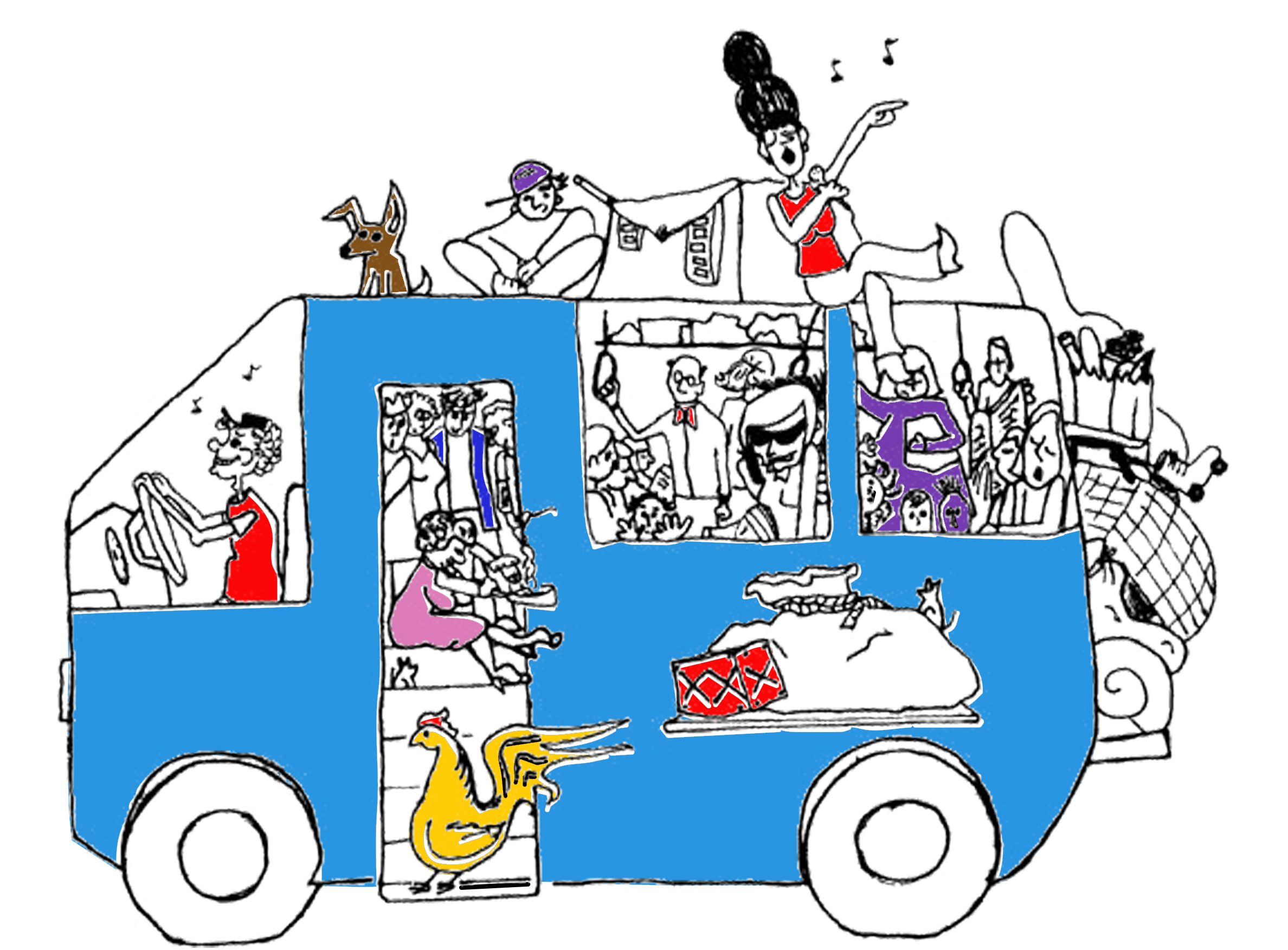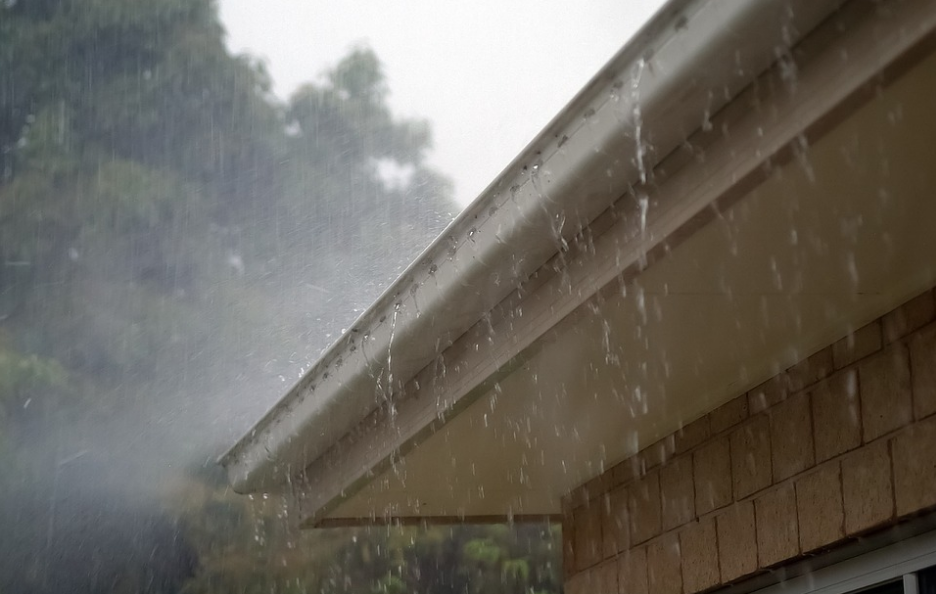
by Carol S. Hyman
1989 marked the first use of the word “viral” to describe the rapid spread of information, according the Oxford English Dictionary. Or so I read on a website; not having an online subscription to the OED, I couldn’t fact-check, but it seems reasonable. Two years later the internet became available to the public, and five years after that the word was first coupled with a form of the verb “go”: “Their petition also went viral, gathering half a million signatures in a few weeks.”
Now the phrase has come roaring back from the realm of metaphor into the physical world with a vengeance. The world we are inhabiting as I write this would have been unimaginable even a few months ago. Now try imagining how much harder it would be without the internet.
Coming back to Vermont from Florida a month ago, I expected to return to alternating winter and mud season – which have do-si-doed pretty much as anticipated – as well as to my solitary, largely home-bound, life. What I never expected was to have so much company in that condition.
Grateful to have gotten back before – as the song from Hamilton echoes in my head – the world turned upside down, I find home is a stranger place now. After a year of widowhood, I thought I’d gotten used to living alone. And one might think that decades of meditation practice – culminating in a book called Meeting Your Mind – would have produced some modicum of equanimity. Well, I guess it has, to some extent, because I’m riding the roiling waves of emotion fairly well.
But in spite of having spent the past year as a semi-recluse, knowing that I can’t get together with others now makes a shocking difference psychologically. And I’m not alone in being shocked. The internet lets me know that the virus is not the only thing that is novel.
Everybody is in unknown territory. Some face risk on the front lines of exposure because their jobs are essential to care for the infected and keep the rest of us provisioned; the uncertainty they face daily is unprecedented in our time. And those of us hunkered down – even those sequestered with spouses, children, friends, and others – must deal with novel psychological and emotional challenges, some of which – boredom, irritability, anxiety, fear, laziness, depression, bingeing of all sorts – may have afflicted us in the past. Sheltering in place has only heightened their intensity.
Which raises an interesting issue: do these new problems arise out of the need to quarantine and limit social activities, or are these tendencies latent within us all the time, and only now, with our habitual patterns so disrupted, do we notice them?
You may think, What difference does it make? I just want it to be over so things can get back to normal. But think back a couple of months. Obviously we’d all like to return to a situation of being able to move about freely without fear of contagion, to be able to shake hands and hug our friends, to go to the library or the movies or a restaurant.
But what about the news? Before the Coronavirus took up residence in the human population, what was normal was for the news – certainly in America, but not only here – to bring daily screeds by people holding one political view against those holding another. Vitriol and hollering. Anybody miss that? Well, don’t worry, you can still find it pretty easily. Indeed, a friend told me that the Asian grocery store where she shops has started closing down early so employees don’t have to walk home in the dark because they are being attacked and coughed on.
But on the shores of darkness there is light. It does feel like there IS something new and good that hasn’t existed before. Something else novel, an expansion of human awareness and empathy, a realization of just how connected we are. When we ask each other, even on Zoom, what used to be a pro forma question – “How are you doing?” – now we actually mean it. We stop and listen and really want to know. It is as if we realize that we can no longer get by thinking of ourselves solely as individuals, but must acknowledge that the whole of humanity is a kind of living organism.
Science tells us viruses can’t exist without a host, which is why we are sequestered. Viruses need us, or our cells, to allow them to reproduce. Recently, I found myself remembering a song by Laurie Anderson, “Language is a virus,” an idea the internet tells me she borrowed from William Burroughs, who thought the virus came from outer space. Reading a review of a new book last weekend, Some Assembly Required: Decoding Four Billion Years of Life, from Ancient Fossils to DNA, by Neil Shubin, I stumbled across this:
And of course, not all viruses are bad; some are beneficial. So here’s where the story gets really wild.
Scientists discovered a gene called Arc (Activity-regulated cytoskeleton-associated protein) that is activated every time you learn something; flaws in this gene have since been implicated in amnesia and Alzheimer’s disease. All land-living animals have the Arc gene, due to a virus (a relative of HIV, by the way) that invaded the genome of our common ancestor, about 375 million years ago. Once the virus entered a host, it brought with it the ability to make a protein that enhanced neuroplasticity and memories. Traits can appear in one species, only to be borrowed, stolen and modified by another through viral infections. “Our ability to read, write, and remember the moments of our lives,” Mr. Shubin writes, “is due to an ancient viral infection that happened when fish took their first steps on land.” Viral infection, and later domestication of the virus, is now understood to be a source of these “independent inventions,” such as the weird coincidence that written language appeared more or less simultaneously all around the globe. If you’re reading this while sheltering in place during the coronavirus pandemic, thank a different, benevolent virus for giving you the ability to read.
And not just to read, but to think in concepts, which rely on language. The value of mindfulness practice is that it makes the language that runs through our minds in every moment more transparent. It lets us see how that language, the thoughts we believe and the stories we tell ourselves, shape our reality. And it lets us see that our minds are malleable and that we can activate neuroplasticity on the spot, anytime we care to pay attention. The Coronavirus will inevitably run its course, although we cannot know at this point at what cost. Washing our hands will help speed the process and keep us safe, but only mental hygiene will determine whether the virus of hateful language runs its course. Do we really want to go back to focusing our attention on what’s wrong with other people?
Every day I think of the people I know and love and hope for their safety and contentment in these times. And I aspire to extend that love and hope to the many millions I don’t know, but who are brought into my life by the miracle that is the internet. Instead of focusing only on the scary stories, of which there are gracious plenty these days, I find myself seeking out and being encouraged by the bright side of the web, bringing into my awareness stories of courage, humor, decency, and creativity in crisis.
Those qualities were in evidence this afternoon when I visited a Red Cross donation center to give blood. Although I qualify by age and history as part of the “high risk” population, I’m thankfully healthy and able to take what seems to me to be adequate care to protect myself, so when I got the third email about the critical need for my blood type, I realized, as do the heroes on the front lines every day, that public health must sometimes put personal health at risk. So I put on mask and gloves, put hand sanitizer in my pocket and went to the Moose Lodge. It took a lot longer than it usually does, with people entering the building only when called, and only after having their temperature taken, but nobody was complaining. Extra precautions take extra time, and nobody wants anyone to be at risk any more than is absolutely necessary. People were patient and kind, and when I left at five there were still people lined up to donate.
In 2008 Rahm Emanuel said, “You never want a serious crisis to go to waste. And what I mean by that is an opportunity to do things that you think you could not do before.” Although his words have been spun more than once, I did some fact checking and found the transcript of what he said, which ended with, “The good news, I suppose, if you want to see a silver lining, is the problems are big enough that they lend themselves to ideas from both parties for the solution.”
When this crisis is over, as it someday will be, could it possibly leave us with some beneficial adaptations? Call me a cock-eyed optimist, but I can imagine a silver lining behind the clouds of this pandemic, one we’ll discover if we try to find within ourselves the resources to help navigate fear and uncertainty without projecting blame onto others, making it more likely that we’ll look for ways to bring benefit in each moment, in any way we can. Then, just possibly, the new normal that will emerge in the days ahead will be one in which we’re more inclined to think of other people, near and far – regardless of their political or religious views – as our neighbors.
For we are, truly, all in this together. Now that’s an idea that deserves to go viral.
Looking for some tools to help navigate fear and uncertainty mindfully? Listen to Having Fun with Fear, the first episode of AMT’s new podcast series, Turning Troubles into Treasures, featuring guided meditations and practical exercises for working with your mind and making the most of what is.
Listen Here



